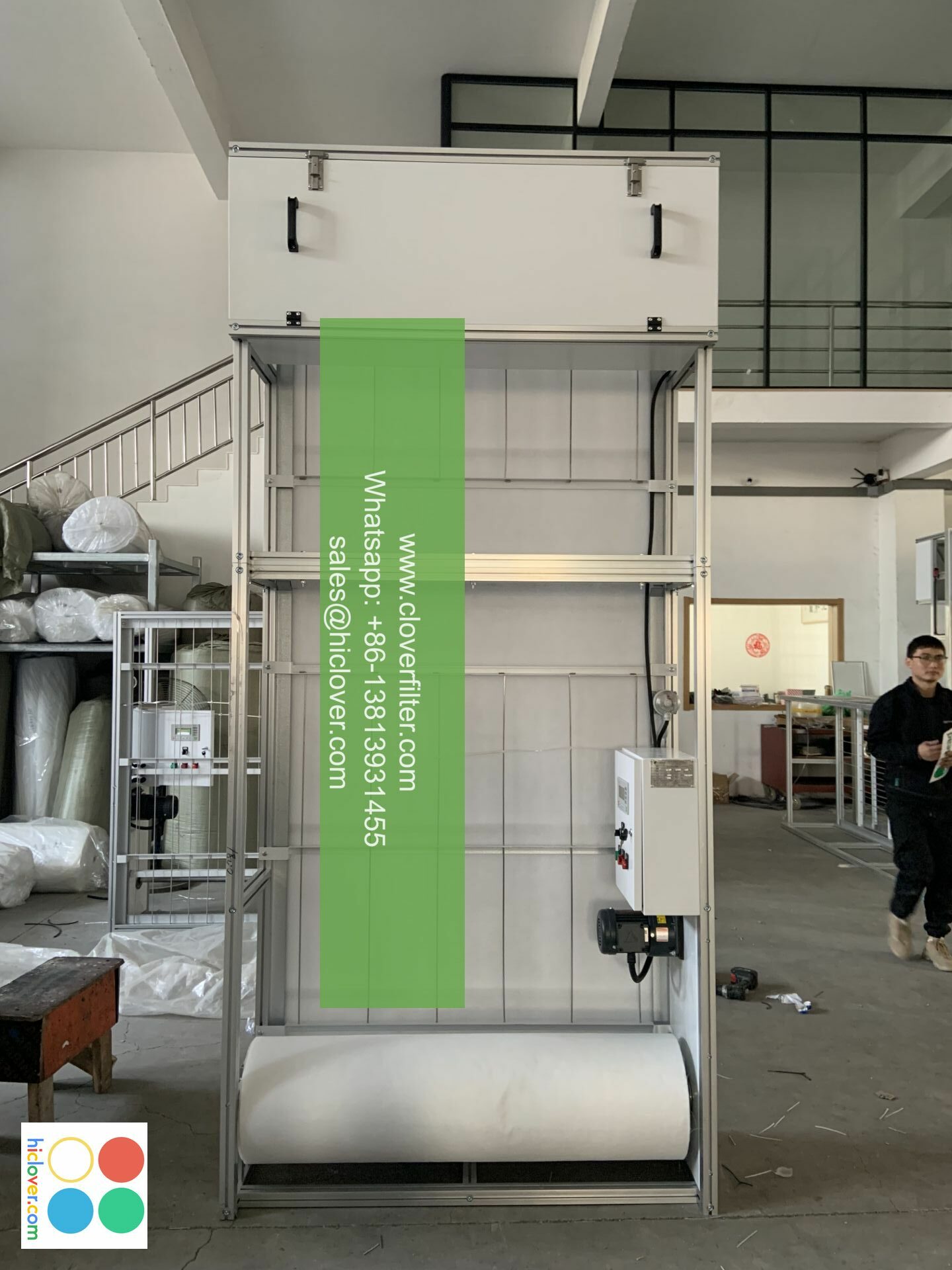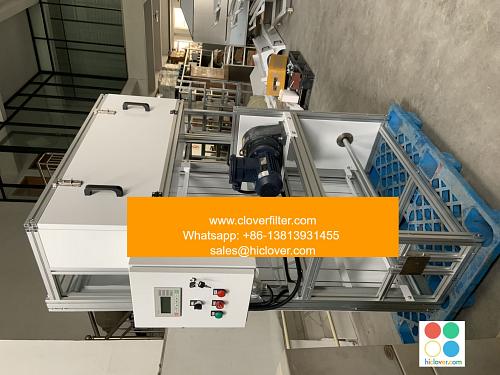The Cost-Effective Solution: Air Filter Maintenance for Energy Efficiency

The Cost-Effective Solution: Air Filter Maintenance for Energy Efficiency
Introduction
In today’s increasingly energy-conscious world, finding ways to reduce energy consumption is crucial for both economic and environmental sustainability. One often overlooked aspect of energy efficiency is air filter maintenance. By regularly cleaning and replacing air filters, building owners and facility managers can significantly reduce energy costs while also improving indoor air quality.
The Impact of Dirty Air Filters
Dirty air filters can significantly increase energy consumption in buildings. When a filter becomes clogged with dust, dirt, and debris, the air conditioning and heating systems work harder to push air through the filter, using more energy to do so. This can lead to:
- Increased energy bills
- Longer equipment runtime, leading to reduced equipment lifespan
- Decreased indoor air quality, which can negatively impact occupant health and productivity
- Reduce energy consumption by up to 20% (Source: ASHRAE)
- Extend the lifespan of HVAC equipment, reducing replacement costs
- Improve indoor air quality, which can lead to improved occupant health and productivity
- Commercial Buildings: Offices, retail spaces, and other commercial properties can benefit from regular air filter maintenance to reduce energy consumption and improve indoor air quality.
- Industrial Facilities: Factories, warehouses, and other industrial spaces require regular air filter maintenance to ensure optimal equipment performance and reduce energy consumption.
- Healthcare Facilities: Hospitals, clinics, and other healthcare facilities rely on clean air filters to provide a healthy and safe environment for patients and staff.
- Schools and Educational Buildings: Educational institutions can benefit from regular air filter maintenance to improve indoor air quality and reduce energy consumption.
- Clean filters regularly: Use a soft-bristled brush or vacuum cleaner to gently remove dirt and debris from filters.
- Replace filters annually: Schedule filter replacements annually to ensure optimal performance and energy efficiency.
- Use high-efficiency filters: Consider upgrading to high-efficiency filters, which can capture more particles and improve indoor air quality.
- Monitor filter performance: Regularly monitor filter performance using gauges, sensors, or monitoring software to ensure optimal filter performance.
Benefits of Regular Air Filter Maintenance
Regular air filter maintenance can have a significant impact on energy efficiency. By keeping air filters clean and free of debris, building owners and facility managers can:
Key Application Areas for Air Filter Maintenance
Air filter maintenance is essential in a variety of building types and applications, including:
Best Practices for Air Filter Maintenance
To ensure optimal energy efficiency and indoor air quality, follow these best practices for air filter maintenance:
Conclusion
Air filter maintenance is a cost-effective solution for improving energy efficiency and indoor air quality in buildings. By following best practices for air filter maintenance, building owners and facility managers can reduce energy consumption, extend equipment lifespan, and improve occupant health and productivity. By making air filter maintenance a priority, buildings can become smarter, more efficient, and more sustainable. Learn more about the benefits of air filter maintenance and schedule your maintenance today!
Prompt


